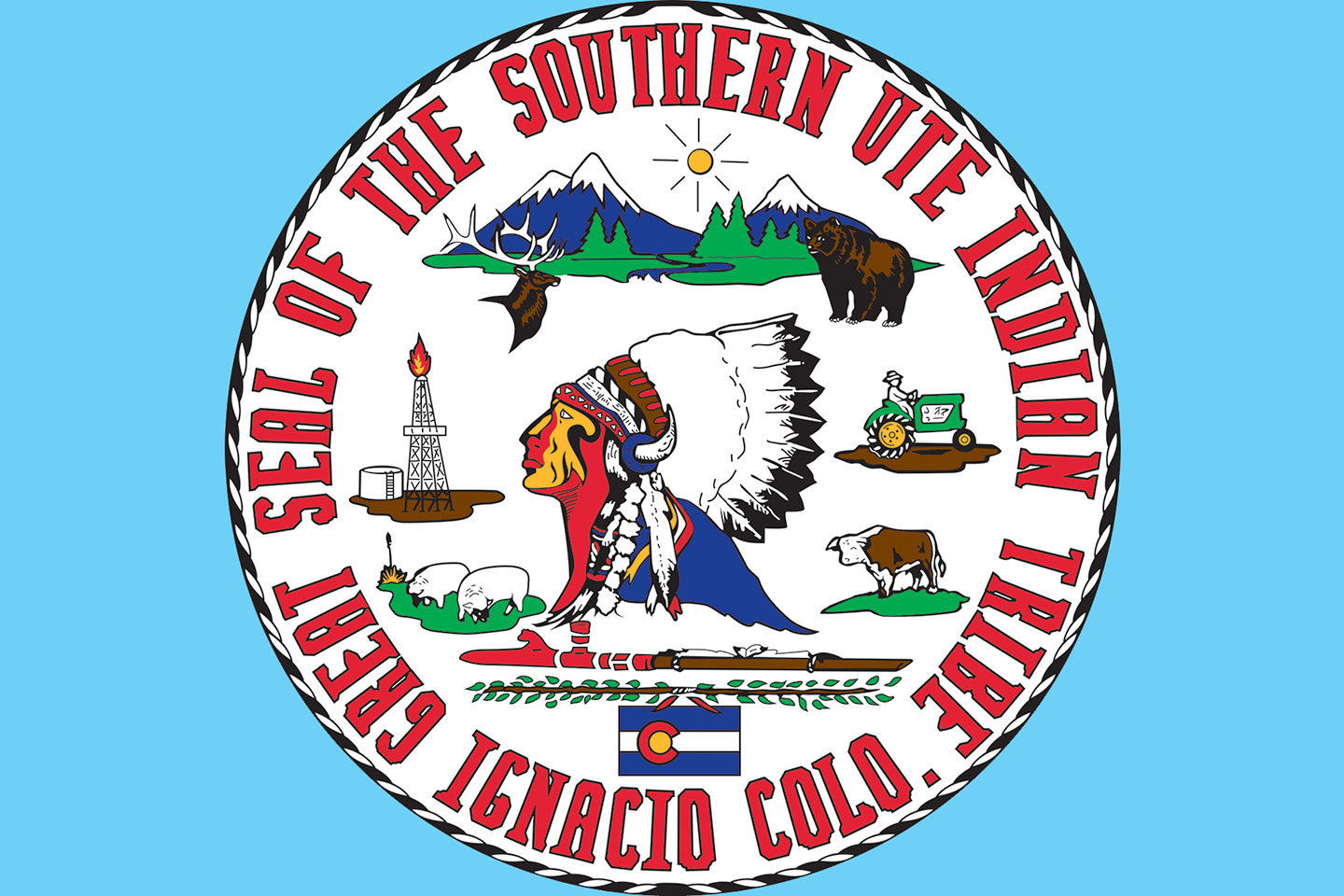On Friday, Sept. 26 President Obama signed the Tribal General Welfare Exclusion Act into law, which marked a legislative victory for tribes and their members.
The new law provides clarity for tribal members who may be uncertain whether payments or services provided by their tribe are subject to federal income taxes. The law also provides guidance for tribal leaders who may be considering programs to benefit their members but are unsure whether their members will face income tax consequences as a result of those benefits.
For many years, the tax treatment of these tribal benefits was uncertain and depended upon how the Internal Revenue Service (IRS) interpreted various court cases and revenue rulings. The enactment of the Tribal General Welfare Exclusion Act means that these exclusions are now codified as federal law (26 U.S.C. §139E).
The Act amends the Internal Revenue Code by defining the types of benefits that will be excluded from income for tax purposes. To qualify for the exclusion, a payment or service must be provided from a tribe, pursuant to the terms of a tribal government program, and made to or on behalf of a tribal member, a tribal member’s spouse or dependent. The tribal government program must also meet certain criteria.
For example, the program must be administered under specified guidelines, be available to all tribal members who meet those guidelines, promote the general welfare of the tribe and its members, and not unfairly favor Tribal Council members.
In addition, the benefits cannot be “lavish or extravagant” or compensation for services. The Act also recognizes that certain benefits are traditional tribal practices, such as cash honorariums given for participating in cultural or ceremonial activities.
Furthermore, the Act establishes a seven-member advisory committee that will advise the Secretary of Treasury on issues relating to taxation of Indians. This Tribal Advisory Committee will, among other tasks, develop guidelines regarding what constitutes a “lavish or extravagant” benefit.
Lastly, the Act suspends IRS audits of tribal governments and tribal members related to exclusions of tribal payments or benefits under the Act until the advisory committee receives the training required by the Act.
Many tribes, including the Southern Ute Indian Tribe, supported the passage of the Tribal General Welfare Exclusion Act and that support led to its relatively swift passage and adoption.
Now that the Act has been signed into law, tribes and their members will be able to better understand and address potential tax consequences associated with tribal benefit programs.
Copies of the Act as passed by Congress and signed by President Obama can be found at: https://www.congress.gov/113/bills/hr3043/BILLS-113hr3043enr.pdf

